 W
WAdolphe-Joseph-Louis Alizard was a French bass-baritone.
 W
WPaul-Bernard Barroilhet was a French operatic baritone.
 W
WPierre Bernac was a French singer, a baryton-martin, known as an interpreter of the French mélodie. He had a close artistic association with Francis Poulenc, with whom he performed in France and abroad. Poulenc wrote 90 songs for him during their 25-year musical partnership.
 W
WMarc Bonnehée was a French opera singer who sang leading baritone roles at the Paris Opera (1853–1864) and at the Opéra de Toulouse.
 W
WMaximilien-Nicolas Bouvet was a French operatic baritone.
 W
WRomain Bussine (1830–1899) was a French poet, baritone, and voice teacher who lived during the 19th century.
 W
WLéon Carvalho was a French impresario and stage director.
 W
WJean-Baptiste Marie Chollet was a French musician and singer (baritone. He also composed a few surviving romances and nocturnes. He married the opera singer Geneviève-Aimé-Zoë Prévost and their daughter Caroline Chollet also became an opera singer under the stage name Mademoiselle Monrose.
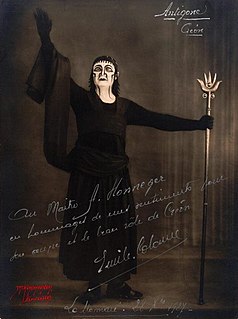 W
WÉmile Colonne was a French baritone, a member of the troupe of the Théâtre de la Monnaie in Brussels.
 W
WEugène, Charles, Antoine Crosti was a 19th-century French baritone and singing teacher.
 W
WHenri-Bernard Dabadie was a French baritone, particularly associated with Rossini and Auber roles.
 W
WStéphane Degout (born 9 June 1975 in Bourg-en-Bresse, is a contemporary French baritone. He grew up in Saint-Jean-de-Niost, and has been living in Lyon since 1995.
 W
WDésiré was a French baritone, who is particularly remembered for creating many comic roles in the works of the French operetta composer Jacques Offenbach. Désiré was a stage name; the artist's real name was Amable Courtecuisse, but for most of his life he was generally known as Désiré.
 W
WCharles-Henri Edmond Duvernoy was a French pianist, baritone and vocal teacher, from a family of musicians.
 W
WJean-Baptiste Faure was a celebrated French operatic baritone and an art collector of great significance. He also composed a number of classical songs.
 W
WLucien Fugère was a French baritone, particularly associated with the French repertory and Mozart roles. He enjoyed an exceptionally long career, singing into his 80s.
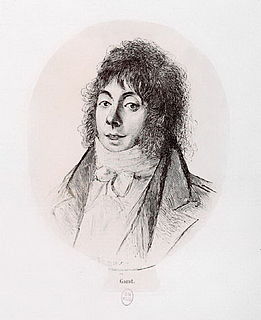 W
WPierre-Jean Garat was a French Basque singer and nephew of Dominique Joseph Garat. He was born in Ustaritz.
 W
WJean-François Gardeil is a French baritone and theatre director. He is also the founder and artistic director of the Chants de Garonne.
 W
WDinh Gilly was a French-Algerian operatic baritone and teacher.
 W
WFrançois-Louis(-Ferdinand) Henry was a French baritone, who sang for about 35 years with the Opéra-Comique in Paris, where he created numerous leading roles. His stage name was Henri. He has also been referred to as François-Louis Deshayes.
 W
WAndré Heyboer is a French contemporary baritone.
 W
WGustave Huberdeau was a French operatic bass-baritone who had a prolific career in Europe and the United States during the first quarter of the twentieth century. He sang a wide repertoire encompassing material from French composers like Gounod and Massenet to the Italian grand operas of Verdi, the verismo operas of Mascagni, and the German operas of Richard Wagner and Richard Strauss. He sang in numerous premieres during his 30-year career, including the original production of Puccini's La rondine in 1917. Although possessing a rich and warm voice, Huberdeau had a talent for comedic portrayals which made him a favorite casting choice in secondary comedic roles as well as leading roles. After retiring from opera in 1927, Huberdeau remained active as a performer in stage plays and in French cinema throughout the 1930s.
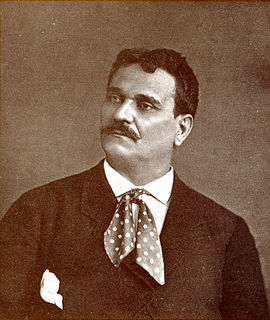 W
WJean-Vital Jammes was a French opera singer. During a stage career spanning 40 years, he created many leading baritone roles, including Zurga in Bizet's Les pêcheurs de perles and Ourrias in Gounod's Mireille. Born in Le Passage d'Agen near the town of Agen, he was largely self-taught and made his stage debut in 1841 at the age of 16. After singing in several provincial theatres, he was engaged by the Théâtre Lyrique in Paris and later by the Opéra-Comique. Following his retirement from the stage, Ismaël lived in Marseille where he died at the age of 68.
 W
WChristophe Lacassagne is a French contemporary baritone.
 W
WFrançois Lay, better known under the stage name Lays, was a French baritone and tenor opera singer. Originally destined for a career in the church, Lays was recruited by the Paris Opéra in 1779. He soon became a leading member of the company, in spite of quarrels with the management. Lays enthusiastically welcomed the French Revolution and became involved in politics with the encouragement of his friend Bertrand Barère. Barère's downfall led to Lays being imprisoned briefly, but he soon won back the public and secured the patronage of Napoleon, at whose coronation and second wedding he sang. This association with the Emperor caused him trouble when the Bourbon monarchy was restored and Lays's final years were darkened by disputes over his pension, mounting debts, the death of his only son and his wife's illness. After a career spanning more than four decades, he died in poverty.
 W
WJules Lefort (1822–1898), was a French lyrical singer.
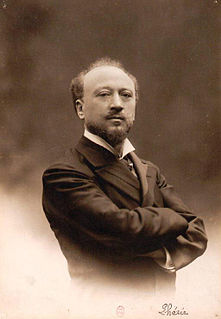 W
WPaul Lhérie (Lévy), was a French tenor, then baritone, and later a vocal teacher. He was most famous for creating the role of Don José in Bizet's Carmen.
 W
WMécène Marié de l'Isle was a French musician and opera singer, who used the stage name Marié.
 W
WJean-Blaise Martin, full name Nicolas Jean-Blaise Martin was a French opera singer whose tessitura lay between tenor and baritone, which became later known as "baryton-martin".
 W
WRené Massis is a French contemporary baritone.
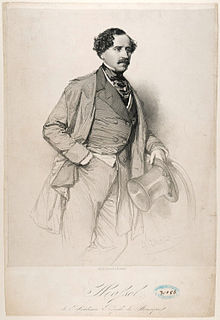 W
WJean-Étienne-Auguste Massol was a French operatic tenor and later baritone who sang in the world premieres of many French operas.
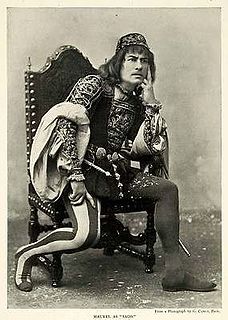 W
WVictor Maurel was a French operatic baritone who enjoyed an international reputation as a great singing actor.
 W
WLéon Melchissédec was a French baritone who enjoyed a long career in the French capital across a broad range of operatic genres, and later made some recordings and also taught at the Paris Conservatoire.
 W
WMolinier was the stage name of François Gély (1807–1859), a French operatic baritone who mostly performed minor roles at the Paris Opéra.
 W
WJean (Alexis) Périer was a French operatic baryton-martin and actor. Although he sang principally within the operetta repertoire, Périer did portray a number of opera roles; mostly within operas by Wolfgang Amadeus Mozart and Giacomo Puccini. His career was almost entirely centered in Paris and he had a long association with the Opéra-Comique. He sang in a large number of world premieres, most notably originating the role of Pelléas in Debussy's Pelléas et Mélisande in 1902. In addition to his opera career, Périer appeared in several films between 1900 and 1938.
 W
WFerdinand Prévôt was a French operatic bass-baritone. His surname is also found spelled as Prevot or Prévost.
 W
WMaurice Arnold Renaud was a cultured French operatic baritone. He enjoyed an international reputation for the superlative quality of his singing and the brilliance of his acting.
 W
WDavid Serero is a Moroccan-French baritone opera singer, actor, producer, stage director, philanthropist and Ambassador of the Arts. He has played more than 1,500 concerts worldwide, and lead roles in opera, theater and musicals such as Cyrano (Cyrano de Bergerac), Shylock, Othello (Othello), Nabucco (Nabucco), Don Quixote, Richard III, Napoleon Bonaparte, Escamillo (Carmen), Enrico, Amonasro (Aida), the title roles of Don Giovanni and Rigoletto and starred in more than 100 films and TV series. He has toured in America, Europe, Middle East, Asia and Russia. In 2017, David Serero was honored in Marquis Who's Who for outstanding achievement in the entertainment world and for his contribution for the betterment of contemporary society. He is a member of the Recording Academy (Grammys) and the Television Academy of Arts & Sciences (Emmys), for which he is both a voting member. In 2019, he is named one of the top most influential Moroccans by airline Royal Air Maroc, and received the 2019 Albert Nelson Marquis Lifetime Achievement Award. In 2020, he receives the Award for Diversity by the Unesco.
 W
WGabriel-Valentin Soulacroix was a French operatic baritone. He studied at Toulouse, where he won four first prizes, and then in Paris.
 W
WNicolas Testé is a French concert, song and opera singer in the bass and baritone vocal range.
 W
WLudovic Tézier is a French operatic baritone.
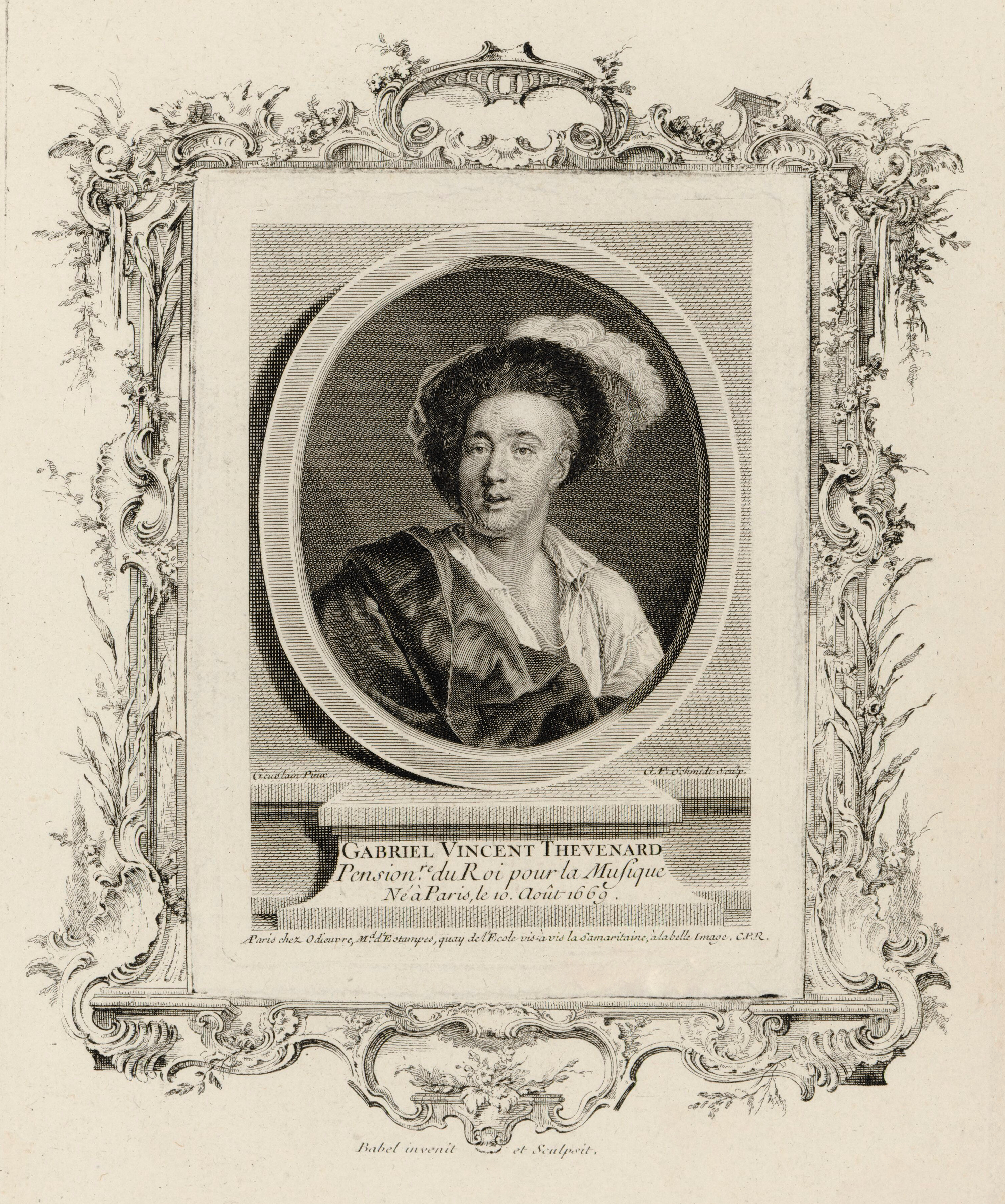 W
WGabriel-Vincent Thévenard was a French operatic baritone.